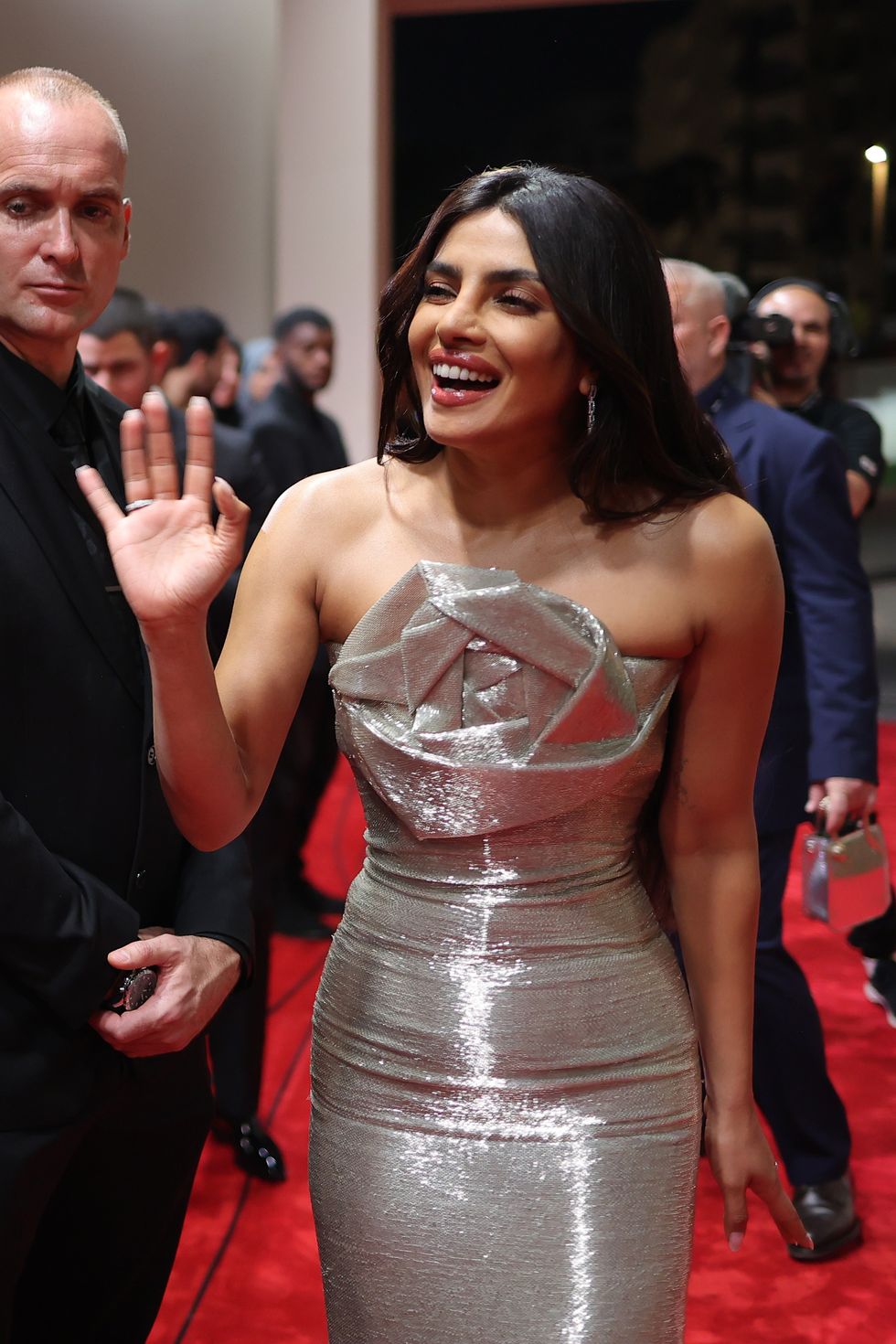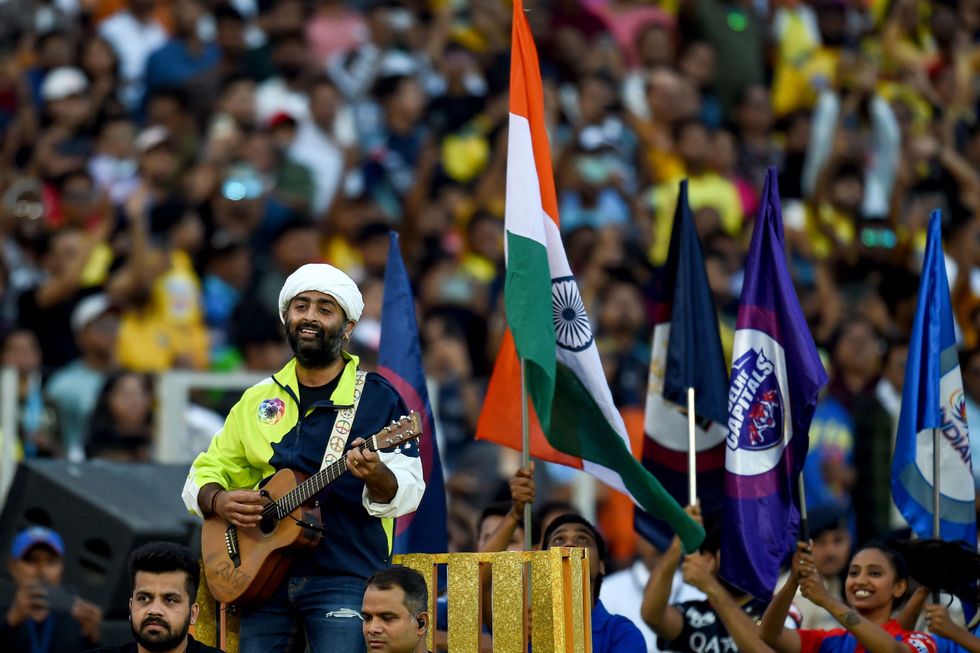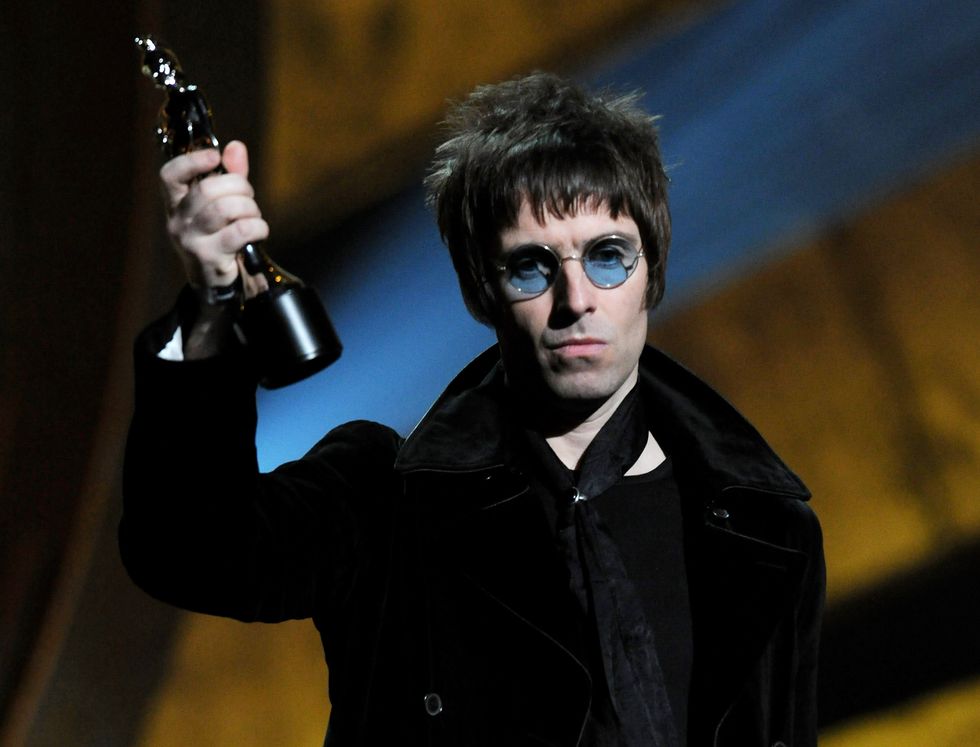I FELL in love with Benjamin Zephaniah and performance poetry both at the same time.
It was as a young teenager that I first saw and heard him on the 1990’s British Asian television programme Network East.
In his Jamaican-inflected Brummie accent, this dreadlocked Rastafarian took viewers on a tour through Handsworth, Birmingham, proudly showcasing the multicultural surrounds of his upbringing. I vividly remember him confidently walking into a Pakistani cafe to order his meal in the Urdu he was all too keen to show off.
His ease and confidence with the British Asian culture around him shone as being beyond a mere passive interest. His embrace of the people, the food and the language were all clearly an assertion of something he considered a part of his self.
This was beyond tolerance, the prosaic value by which multiculturalism is supposed to be held together. Tolerance, by definition, has little to offer in appreciating the other or even acknowledging the other’s influence upon one’s own self. As a value, it rings more of holding your nose while simply bearing those around you.
From that moment on television, to every other moment I had the pleasure of seeing and hearing him, Zephaniah embodied a Britishness that was more than inclusive – it was absorptive. Acknowledging the influence communities in Britain have upon one another by living together in a way that is uniquely British.
It seemed bringing cultures together was something he was born to do. Recognising an interest in all religions from a very early age, his Christian parents named him Benjamin Obadiah Iqbal, a name that is reflective of all three Abrahamic religions.
In his poetry, too, the lyrical, rhythmic English he used was suffused with Jamaican patois. With his increasing popularity, every utterance cemented it deeper into the broader English lexicon. Here too, he credited the close AfricanCaribbean and Asian community in Handsworth with nurturing his talent for the spoken word. It was evident his love for the language was in the way “it can take things and adopt them”, as he elucidated:
“The English language, you know, I love it. I just think it is really amazing. The way it rhymes, the way you can play with it, the way you can roll with it. Okay, I’m no expert in any other language but I think it’s a beautiful language.”
In his person we were unabashedly confronted with a representation of the natural evolution of culture. A professor of the English language, he declared that “a fixed idea of Britain is itself anti-British”.
Perhaps it was due to the time in which he was raised, when immigrant communities were relatively new and so banded together for security, pooling together resources and information. Perhaps that experience encouraged acknowledgement of the influence communities naturally have upon one another.
Communities today may have become less engaged with one another as individuals become more atomised, yet through media and the internet, cultural influences are arguably more easily shared. It is possible for someone in Blackpool to become influenced by Caribbean culture today, despite never having met anybody British Caribbean, as much as it is for someone living in Worthing to be influenced by British Asian culture.
The Britain envisaged and embodied by Zephaniah not only allows this, but actively encourages it, flying in the face of the cultural appropriation police as it does so.
Artists, by their nature, experiment and take risks with their form. Zephaniah tested and redefined contemporary British poetry with unique creativity and vigour, but in the process, he did the very same for fundamental notions of Britishness. By courageously pushing against the very edges he inhabited, he taught not only what it could mean to be a performance poet, but also what it could mean to be British today, showing both at their most dynamic and most whole.
A man so poignantly relevant for his time, his departure would always have been ill-timed. It was his church elders who gave him the name Zephaniah, recognising his prophetic voice as a young man.
In his premature departure he leaves behind a timeless message of how different communities can come together in today’s Britain, not just by tolerating or even embracing, but by confidently adopting aspects of each other’s cultures, to define a Britishness that is relevant, respectful and accommodating for all. He inspired me and countless others in not only aspiring to be a writer like he was, but a Brit like he was too.
Rest in power, Benjamin Obadiah Iqbal Zephaniah. I’ll miss you, my rasta-bhai.
Avaes Mohammed is a writer, teacher and associate fellow at the integration thinktank British Future






 Priyanka Chopra calls herself nascent in Hollywood as 'Heads of State' streams on Prime VideoGetty Images
Priyanka Chopra calls herself nascent in Hollywood as 'Heads of State' streams on Prime VideoGetty Images  Priyanka Chopra wants to build her English film portfolio after Bollywood successGetty Images
Priyanka Chopra wants to build her English film portfolio after Bollywood successGetty Images  Ilya Naishuller, Priyanka Chopra and John Cena attend the special screening for "Head of State" Getty Images
Ilya Naishuller, Priyanka Chopra and John Cena attend the special screening for "Head of State" Getty Images








 Arijit Singh performing Instagram/
Arijit Singh performing Instagram/ Arijit Singh clicked during a performance Getty Images
Arijit Singh clicked during a performance Getty Images 


 Liam Gallagher accepts Oasis' award for 'Best Album of 30 Years' Getty Images
Liam Gallagher accepts Oasis' award for 'Best Album of 30 Years' Getty Images  Liam Gallagher plays to a sell out crowd at the Universal AmphitheatreGetty Images
Liam Gallagher plays to a sell out crowd at the Universal AmphitheatreGetty Images Liam and Noel Gallagher perform together in Cardiff for the first time since 2009 Instagram/oasis
Liam and Noel Gallagher perform together in Cardiff for the first time since 2009 Instagram/oasis